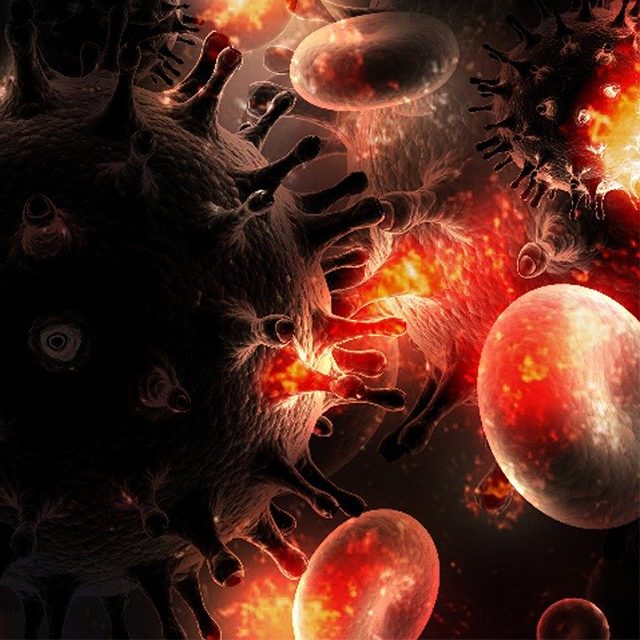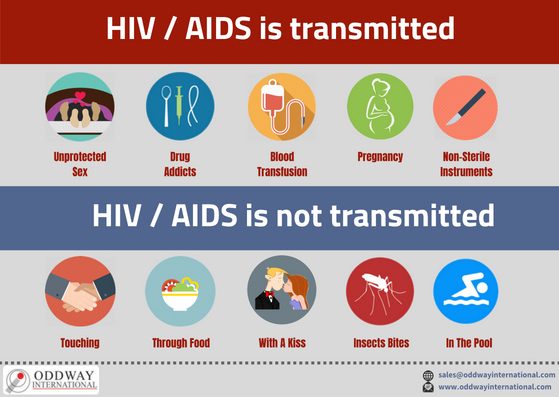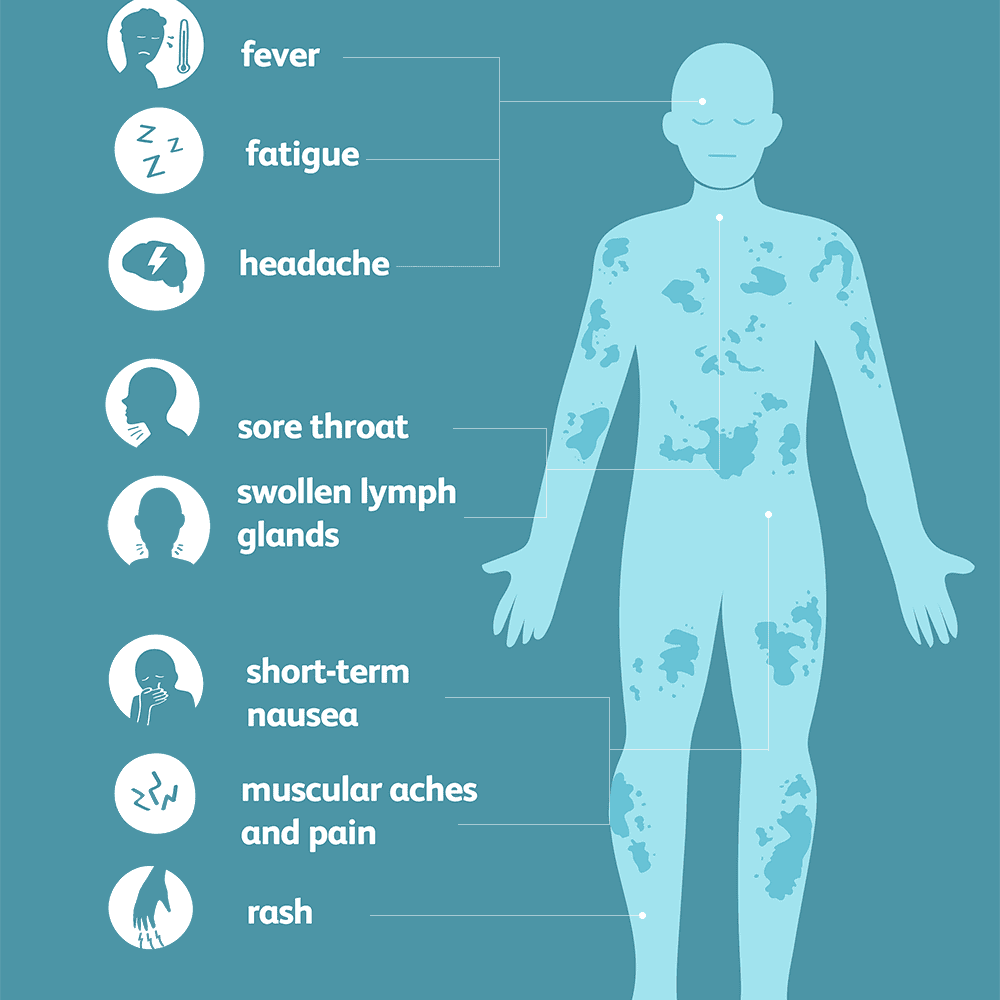Accurate & Updated Information
Helps & Assistant as needed
Approved & Accredited Tests


Overview
HIV is caused by a virus. It can spread through sexual contact or blood, or from mother to child during pregnancy, childbirth or breast-feeding.
How does HIV become AIDS?
It destroys CD4 T cells — white blood cells that play a large role in helping your body fight disease. The fewer CD4 T cells you have, the weaker your immune system becomes.
You can have an HIV infection for years before it turns into AIDS. AIDS is diagnosed when the CD4 T cell count falls below 200 or you have an AIDS-defining complication.
How hiv spreads?
To become infected with HIV, infected blood, semen or vaginal secretions must enter your body. This can happen in several ways:
- By having sex. You may become infected if you have vaginal, anal or oral sex with an infected partner whose blood, semen or vaginal secretions enter your body. The virus can enter your body through mouth sores or small tears that sometimes develop in the rectum or vagina during sexual activity.
- From blood transfusions. In some cases, the virus may be transmitted through blood transfusions. American hospitals and blood banks now screen the blood supply for HIV antibodies, so this risk is very small.
- By sharing needles. Sharing contaminated intravenous drug paraphernalia (needles and syringes) puts you at high risk of HIV and other infectious diseases, such as hepatitis.
- During pregnancy or delivery or through breast-feeding. Infected mothers can pass the virus on to their babies. HIV-positive mothers who get treatment for the infection during pregnancy can significantly lower the risk to their babies.
How HIV doesn’t spread
You can’t become infected through ordinary contact. That means you can’t catch by hugging, kissing, dancing or shaking hands with someone who has the infection.
HIV isn’t spread through the air, water or insect bites.
Risk factors
When it first appeared in the United States, it mainly affected men who had sex with men. However, now it’s clear that it also spreads through heterosexual sex.
Anyone of any age, race, sex or sexual orientation can be infected. However, you’re at greatest risk of HIV/AIDS if you:
- Have unprotected sex. Use a new latex or polyurethane condom every time you have sex. Anal sex is more risky than is vaginal sex. Your risk of HIV increases if you have multiple sexual partners.
- Have an STI. Many STIs produce open sores on your genitals. These sores act as doorways for HIV to enter your body.
- Use intravenous drugs. People who use intravenous drugs often share needles and syringes. This exposes them to droplets of other people’s blood.
- Are an uncircumcised man. Studies suggest that lack of circumcision increases the risk of heterosexual transmission.
Cancers common to HIV/AIDS
- Kaposi’s sarcoma. A tumor of the blood vessel walls, this cancer is rare in people not infected with HIV, but common in HIV-positive people. It usually appears as pink, red or purple lesions on the skin and mouth. In people with darker skin, the lesions may look dark brown or black. Kaposi’s sarcoma can also affect the internal organs, including the digestive tract and lungs.
- Lymphoma. This cancer starts in the white blood cells. The most common early sign is painless swelling of the lymph nodes in your neck, armpit or groin.





